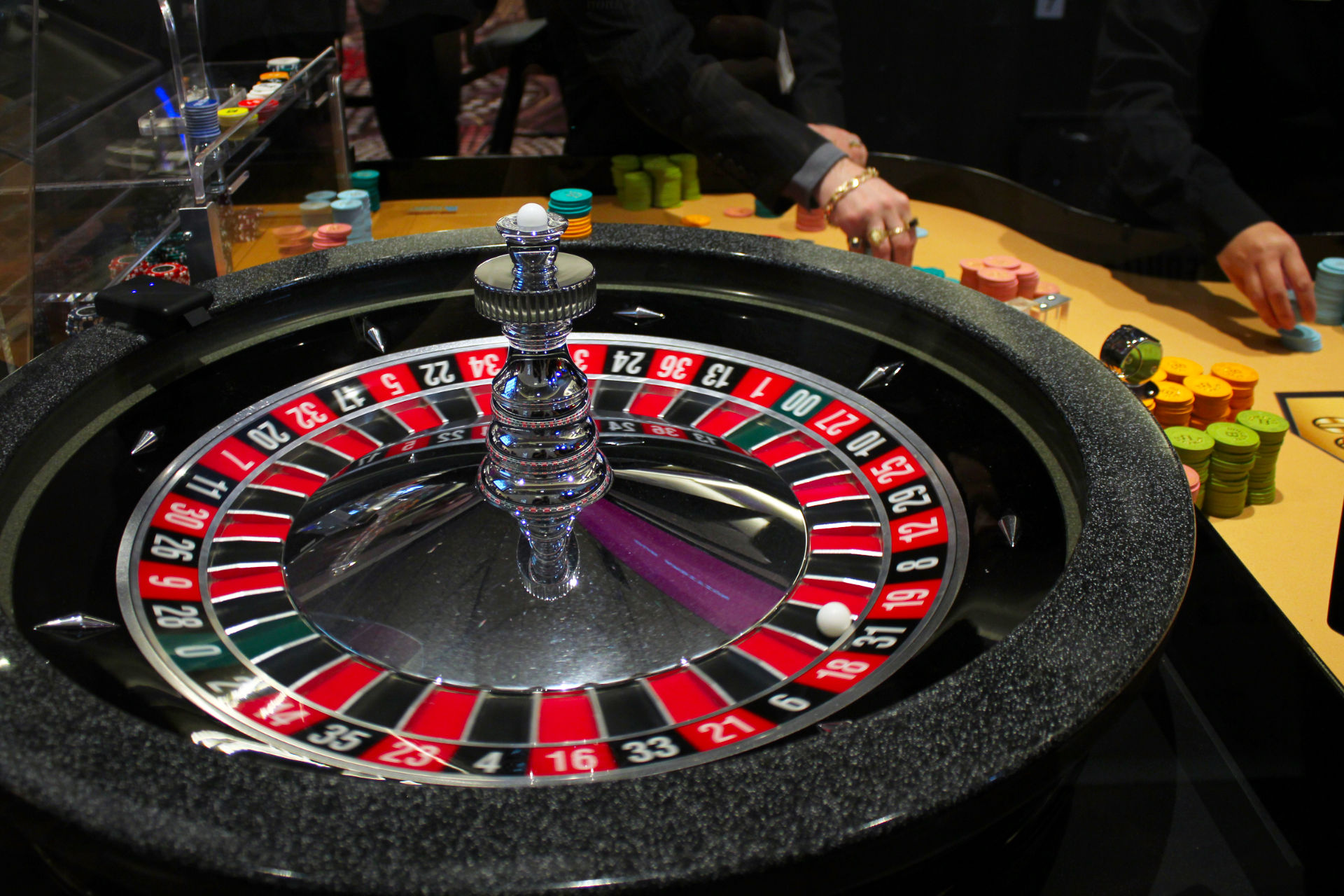The Unspoken Reasons Behind Gambling
Ask a player at spinanga2 or any casino why they gamble, and you might hear vague answers: “For fun,” “To win,” or “Because it’s exciting.” But press deeper, and many struggle to give a coherent explanation. Unlike shopping, dining out, or other leisure activities, gambling often defies rational justification. The motivations are tangled in psychology, emotion, ritual, and even unconscious desires.
This article unravels why players often cannot explain their behavior, revealing that gambling is not just about money, but about identity, belief, and hidden needs.
Gambling as an Unconscious Act
Automatic Behavior
Many players gamble automatically, like a habit. It’s not a conscious decision every time but a routine – logging in, spinning, betting – that bypasses deliberate thought. When asked why, they may not even know, because the act has become ingrained in their daily rhythm.
The Emotional Trigger
Often, players start gambling not because they want money, but because of emotions – boredom, stress, loneliness. These triggers act subconsciously, making it hard for players to articulate the real reasons behind their choices.
The Myth of Rational Motivation
“I Want to Win”
Winning is the most common explanation. Yet studies show most players spend more than they earn. The “I play to win” narrative is often a cover story, easier to explain than the messy truth of emotional escape.
Rationalizing the Irrational
Humans seek logical explanations for irrational actions. Players may tell themselves and others that gambling is a strategy, an investment, or a test of skill – even when luck dominates the outcome.
Gambling as a Search for Meaning
Rituals and Superstitions
From lucky charms to repeating bets, players often treat gambling as a personal ritual. These actions are not about profit but about creating a sense of order, meaning, and control in life’s chaos.
The “Something More” Feeling
For many, casinos are symbolic. Gambling is a way to connect with something beyond daily routine – chance, fate, or even destiny. That’s hard to put into words, which is why players struggle to explain it.
The Social Dimension
Gambling as Belonging
In land-based casinos, gambling provides community: laughter, collective gasps, and shared experiences. Online platforms replicate this with chats and live dealer rooms. The sense of belonging is powerful but difficult to describe.
The Performance of Luck
Winning in front of others, even strangers, makes players feel seen and validated. This social recognition often matters more than money itself, but players rarely admit it.
Why Explanations Fail
Layered Motivations
No single reason explains gambling. Money, escape, ritual, belonging, and thrill are all interwoven. Players may feel one motive consciously but act on another unconsciously.
The Shame of Honesty
Some players hesitate to reveal their true motivations – like loneliness, desperation, or emotional pain – because they feel socially unacceptable. So they default to safer answers: “It’s fun.”
Responsible Gambling and Self-Reflection
Learning to Ask Deeper Questions
For players, recognizing the hidden motives can transform their relationship with gambling. Instead of asking “Why did I lose?” the better question is “Why did I want to play in the first place?”
Tools to Stay Aware
Casinos offer tools for setting limits and tracking play. These aren’t just for financial control – they can also help players reflect on when, why, and how they gamble.
Conclusion – The Mystery of Motivation
Players often cannot explain why they gamble because gambling taps into layers of psychology deeper than conscious thought. It’s about ritual, escape, social validation, and the desire for meaning, not just money. At casino, gambling becomes less a financial act and more a symbolic one – a way to test fate, soothe emotions, and mark moments in life.
Understanding this complexity helps players approach casinos with more awareness, ensuring that even if the reasons are hard to explain, the experience remains meaningful and responsible.

